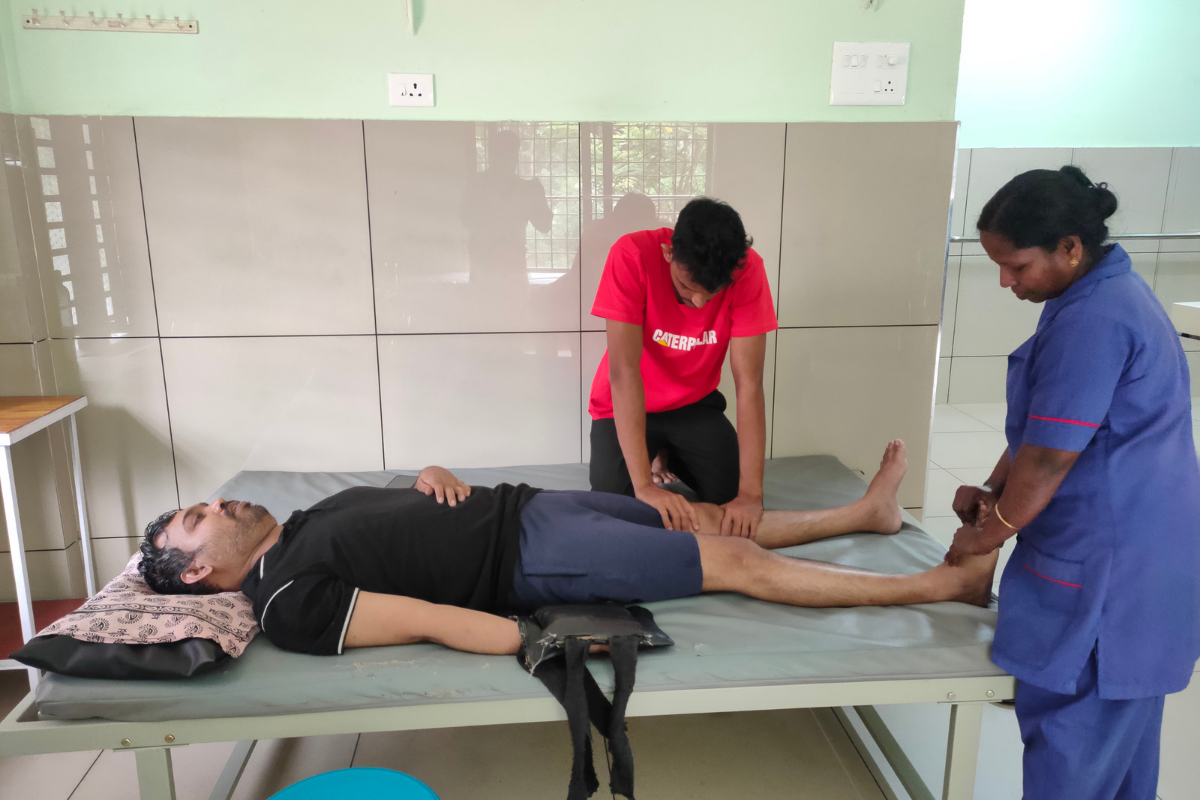
1. **Pain Management**: Palliative care aims to alleviate physical pain and discomfort experienced by patients. This includes addressing symptoms such as pain, shortness of breath, nausea, and fatigue.
2. **Holistic Approach**: Palliative care takes a holistic approach, considering the physical, emotional, social, and spiritual needs of patients. It emphasizes improving the overall well-being of the individual.
3. **Communication and Support**: Palliative care teams often involve healthcare professionals like doctors, nurses, social workers, and chaplains who provide communication and support for patients and their families. They help patients make informed decisions about their care.
4. **Quality of Life**: The primary goal is to enhance the patient's quality of life, allowing them to live as comfortably and meaningfully as possible, regardless of the severity of their illness.
5. **End-of-Life Care**: Palliative care is commonly associated with end-of-life care, offering support to individuals and their families during the dying process. It may include hospice care when patients have a limited life expectancy.
6. **Pain Relief Methods**: Pain management in palliative care can involve a range of methods, including medications, physical therapy, counseling, and complementary therapies like acupuncture or massage.
7. **Emotional and Spiritual Support**: Palliative care addresses the emotional and spiritual needs of patients, helping them find meaning and providing emotional support during challenging times.
Pain and palliative care is not just about managing pain; it's about providing compassionate and comprehensive care that focuses on improving the patient's overall well-being, providing comfort, and ensuring dignity in the face of serious illness or the end of life. This type of care can be provided in hospitals, hospice facilities, or even at home, depending on the patient's preferences and needs.